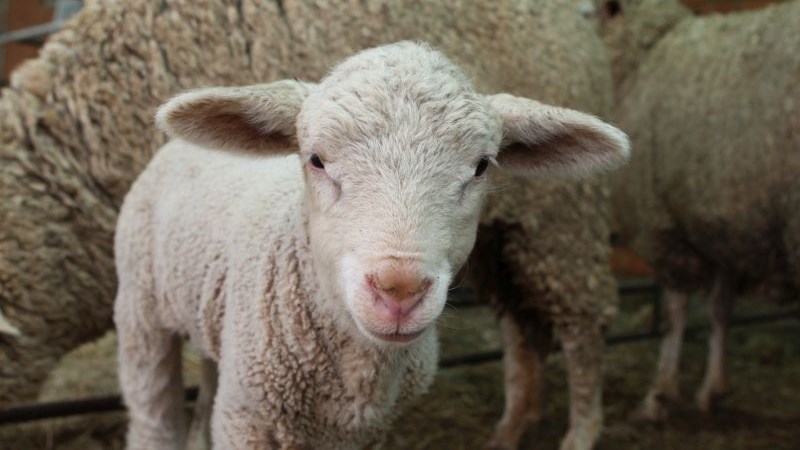Agri Hour
Diseases caused by ticks: Heartwater─── ELSABÉ RICHARD 05:00 Mon, 27 Sep 2021

It is important that farmers take into account the different types of diseases that occur in their area in order to take the necessary precautions to prevent an outbreak amongst their herds.
One of the diseases that are prevalent in the Eastern coastal areas of KwaZulu-Natal and Eastern Cape, as well as in parts of the North West and Gauteng, is heartwater, which is spread by bont ticks (Amblyomma).
See PODCAST below
Dr Berry Mutowembwa, a veterinarian at the Agricultural Research Council, says that farmers need to find out whether heartwater occurs in their region, and if it does, they have to implement appropriate tick control measures.
He adds that because there has been a lot of movement of animals lately, heartwater is now being reported in other areas of the country where the disease did not previously occur.
Heartwater tends to occur throughout the year, depending on the climatic conditions. The disease also coincides with the distribution of bont ticks.
READ: Summer animal diseases: Lumpy skin
Symptoms
Heartwater is a fatal disease that can affect cattle, sheep and goats.
Livestock that is infected with heartwater tends to have a high temperature. They also tend to walk abnormally, are hypersensitive to touch, fall over time and again and in certain instances, when walking, they make a kicking action.
READ: Strategic deworming of livestock will help combat internal parasites
Treatment
Heartwater is a disease that can be treated.
Rapid treatment is necessary. If rapid treatment does not occur, then the animal can die.
Mutowembwa says that animals that are raised in areas where heartwater is prevalent, tend to be more resistant to the disease. He warns that moving animals that were not raised in such areas to areas where the disease predominantly occurs, can lead to the animals becoming infected.
Treatment can include administering short-acting tetracycline directly into the vein of the infected animal. Mutowembwa explains that the importance of injecting directly into the vein is because the heartwater parasites tend to adhere to the walls of the animals’ veins. He says that farmers need to take into account that when the short-acting tetracycline is injected into the muscle the first time, it will take too long to reach the veins to kill the parasites.
Once the first injection has been administered, a follow-up injection is necessary – this time into the muscle. Mutowembwa explains that a long-acting tetracycline can then be administered, preferably the day after the first injection and this will be enough. However, when a short-acting tetracycline is again administered on the second day of treatment, then it has to be administered again on the third day.
OFM News













